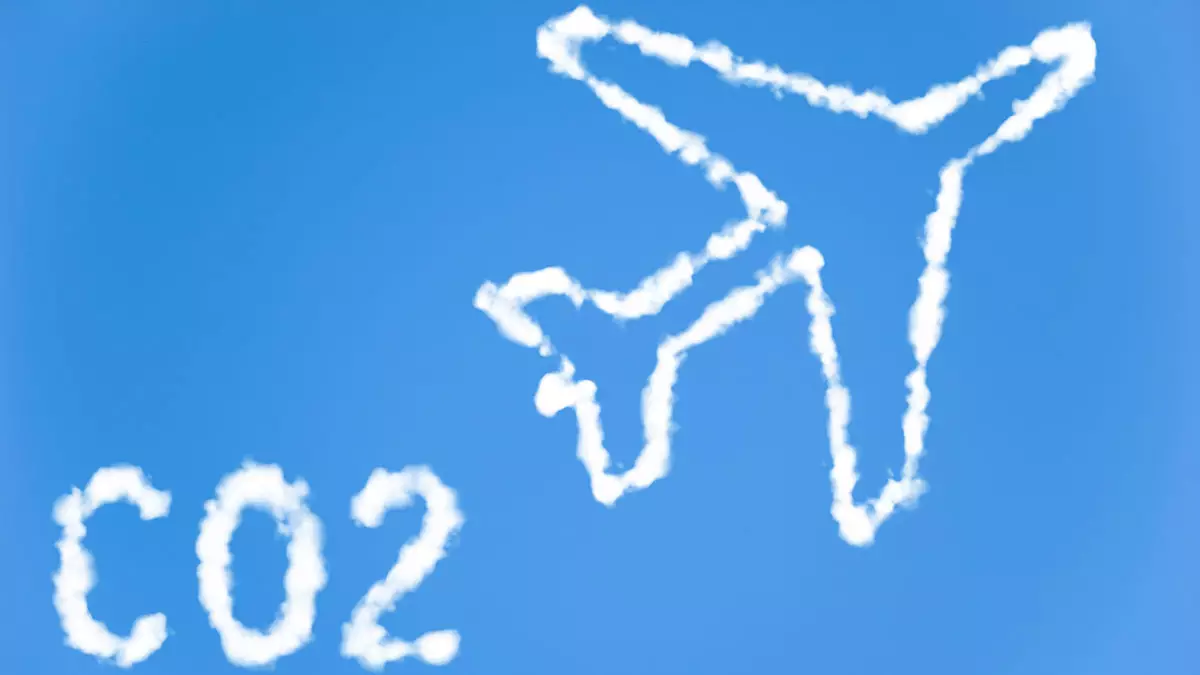The Federal Aviation Administration (FAA) has recently announced that it has awarded $291 million in grants for sustainable aviation fuel (SAF) and related technologies. These funds, authorized under the 2022 Inflation Reduction Act, are aimed at supporting the Biden administration’s target of achieving 3 billion gallons of domestic SAF production annually by 2030, ultimately accounting for 10% of aviation fuel consumption in the United States.
The majority of the grants, totaling $244.5 million, will be directed towards 22 projects focused on producing, transporting, blending, or storing SAF, as well as conducting related studies. For instance, $16.8 million has been awarded to SAF producer Gevo to convert an existing fuel facility in Luverne, Minnesota into one that refines alcohol into SAF. Additionally, $14.6 million has been allocated to Arcadia EFuels in Texas for a SAF plant expected to produce 23.2 million gallons annually by 2028.
The remaining $46.5 million in grants will support various low-emissions aviation initiatives. One example is the $8 million awarded to startup JetZero, which is developing a blended-wing aircraft designed to reduce carbon emissions and fuel burn by up to 50%. Blended-wing designs combine an aircraft’s wings with the fuselage, resulting in a more aerodynamic shape that decreases drag and overall weight.
Despite the significant investments and efforts being made towards SAF production, challenges still exist. It is projected that global SAF production will triple to 500 million gallons this year, as per the latest estimates from the International Air Transport Association (IATA). However, this amount would only represent 0.5% of the aviation industry’s fuel requirements.
The global ramp-up of SAF production has been slower than anticipated, leading IATA to revise down its forecast for 2030 SAF production by 19%. Furthermore, airlines, such as Air New Zealand, have faced obstacles in achieving their emission-reduction targets by 2030 due to issues with SAF availability and affordability. Some critics argue that airlines have not committed enough resources to SAF and other sustainability initiatives, despite calling for increased government support and industry involvement in promoting SAF production.
While substantial investments are being made in sustainable aviation fuel production and technologies, the road ahead presents various challenges that need to be addressed collectively by governments, industry stakeholders, and airlines to achieve the desired environmental impact and transition towards a more sustainable aviation sector.

